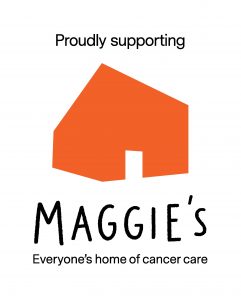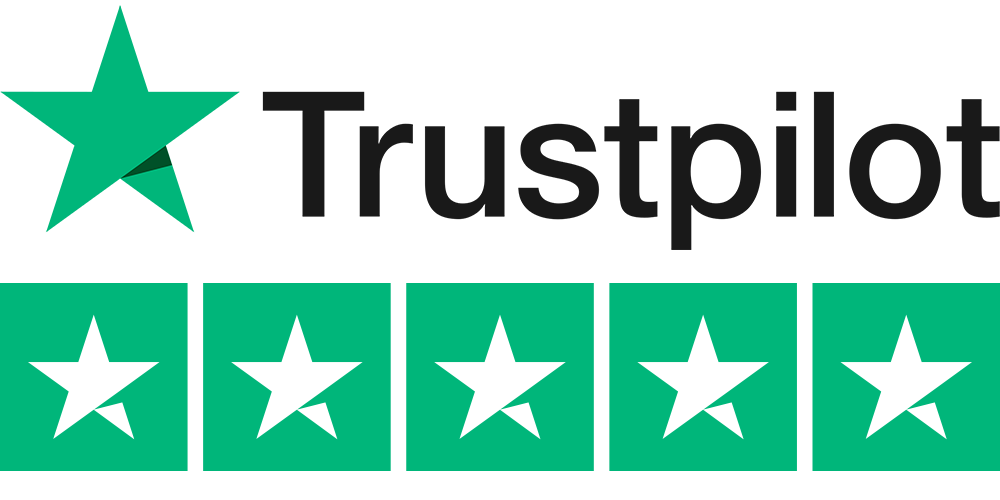Debt Management Plan or an IVA?
If you are in debt and are looking for a solution to your debt that will benefit you and satisfy your creditors: you have two main options, an Individual Voluntary Arrangement (IVA) or a Debt Management Plan (DMP).
What are they?
IVA
An Individual Voluntary Arrangement (IVA) is a legally binding agreement between you and your creditors. It allows you to pay back your debt over a set period of time. To establish one, all parties must agree to court-approved terms and conditions that protect you and your assets. They usually last for 5 to 6 years.
DMP
A Debt Management Plan (DMP) is an informal arrangement between you and your creditors. You can manage a DMP yourself or run it through a third party. It consolidates your debt into one monthly payment that is then split between your creditors. A DMP lasts until all debt is paid.
What’s the difference between a DMP and IVA?
· An IVA covers debt over £6,000.
· A DMP covers debt under £6,000.
· As a DMP is not legally binding, your creditors can back out of the agreement at any time, whereas an IVA is fixed.
· An IVA protects your assets.
· An IVA writes off any debt after it ends, a DMP continues until the debt is cleared.
· A DMP is more flexible than an IVA.
· An IVA can only be administered through a licensed Insolvency Practitioner.
· A DMP is private, IVAs are entered into an Insolvency Register that is public access.
· If you have a DMP, your creditors can still contact you. An IVA will often stop all direct contact other than your annual statements.
· An IVA is generally more expensive to set up, but the fees are taken out of the overall payment. A DMP may require additional payments paid directly to a provider if you choose to use one. A DMP may also charge interest.
· Both IVAs and DMPs can lower your credit score, but a DMP can also improve it.
· An IVA may require you to release equity from your home, a DMP does not.
Which is best?
Both have their advantages and disadvantages, and work in similar fashion. However, they cover different debts, so only one may be right for you.
An IVA Covers:
- Personal Loans
- Credit Cards
- Overdrafts
- Catalogues
- Water arrears
- Gas and electric arrears
- Council tax arrears
- Income tax arrears
- Tax credit or benefit overpayments
- Debts to family and friends
- Store cards
- Other outstanding debts
A DMP Covers:
- Personal loans
- Credit cards
- Overdrafts
- Catalogues
- Water arrears
- Gas and electric arrears
- Store cards
Can I Switch Between an IVA and DMP?
Yes, it is possible to switch from an IVA to a DMP, or from a DMP to an IVA if your financial situation changes. The flexibility of a DMP makes it easier to switch from one, but it is still possible with an IVA.
A DMP is often more favourable if you have more disposable income but less debt. So, if during your IVA your income increases, it may be preferable to switch to a DMP. There are however risks to allowing an IVA to fail, therefore it would be best speaking to a licensed Insolvency Practitioner before making any decision.
If you become a home owner while using a DMP, it would be wise to switch to an IVA to protect your home and its equity.
Conclusion
In summary, the best choice for you depends on your financial situation and how much debt you owe. You should also choose a solution that covers all your debt.
If you have further questions, or want to learn more, please get in touch.





